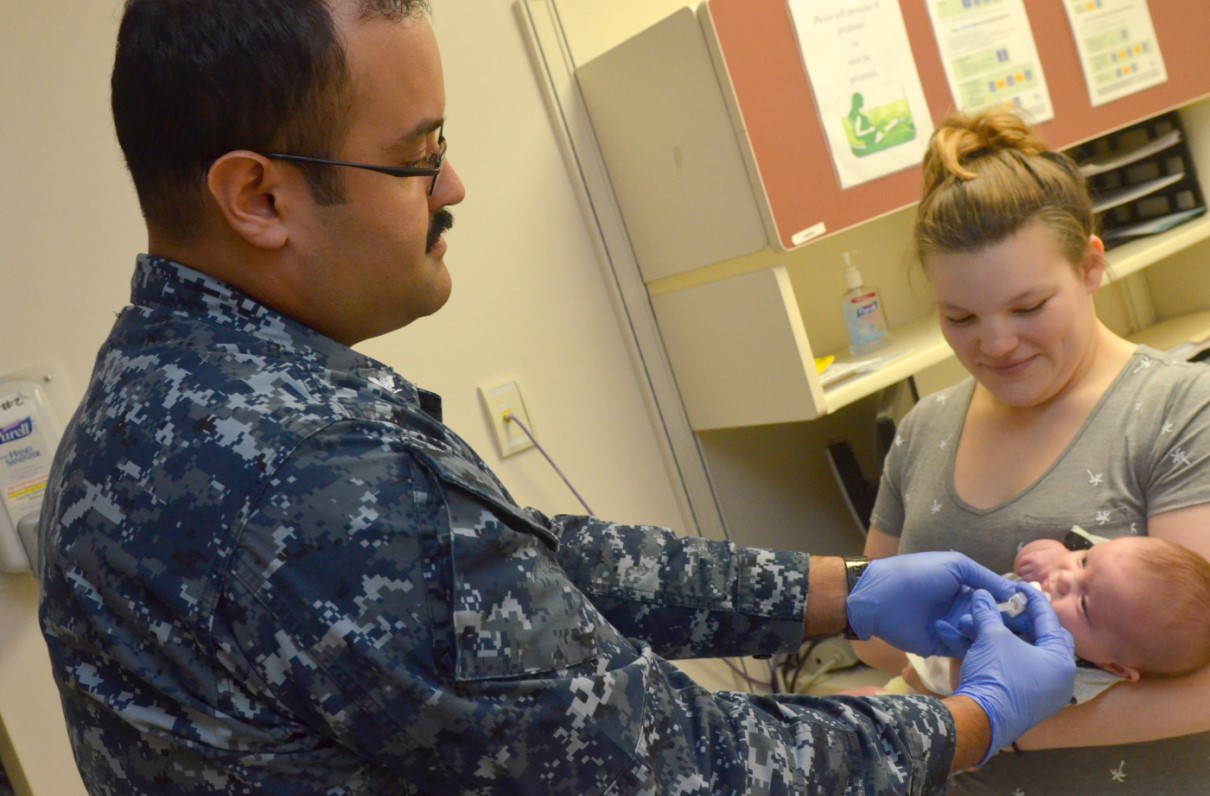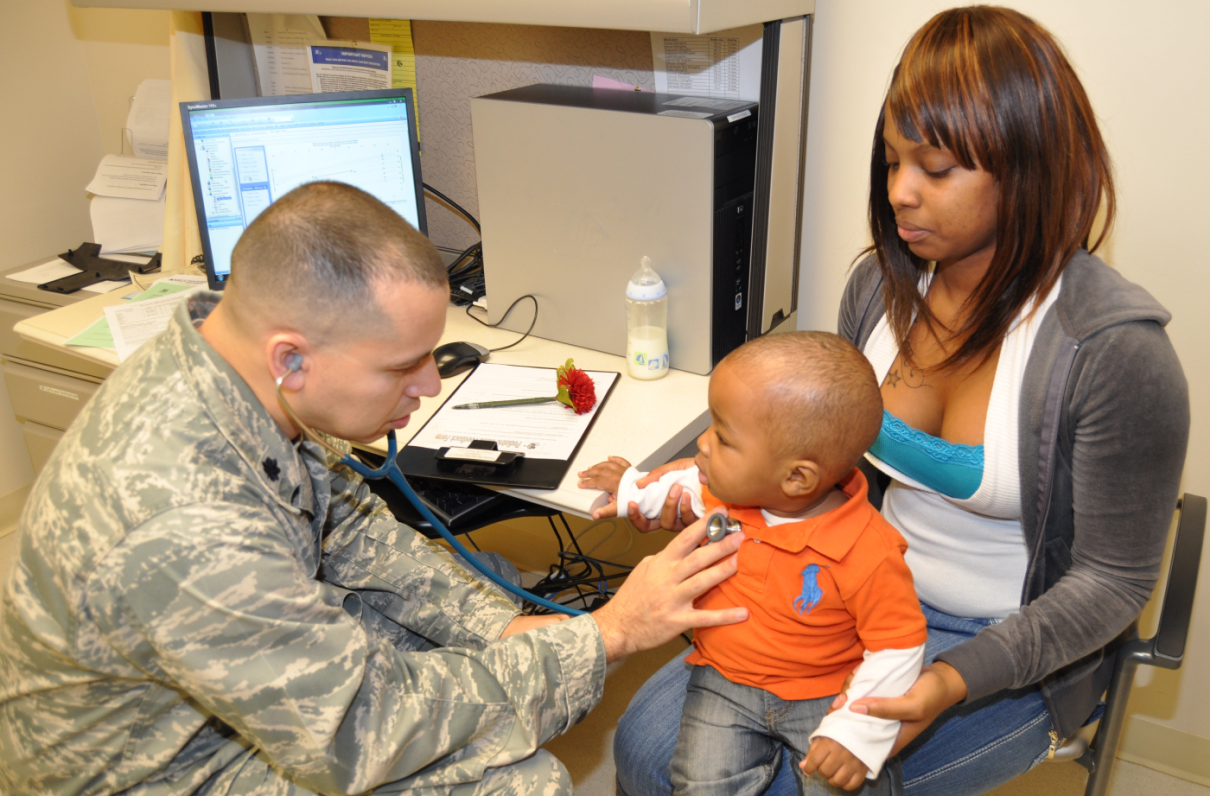In baseball, it’s good practice to never take your eye off the ball. The same could be said regarding DoD with its efforts to reform military medical care.
MOAA has been the leader focused on holding DoD and the Defense Health Agency (DHA) accountable to provide transparency with its plans to reduce military treatment facility (MTF) capabilities and personnel. Last year’s NDAA required the DoD to provide any plans to do so to Congress ahead of time. And we are sorry to report not much has been revealed to date.
However, MOAA has other ways to gather information.
First, from members who live, work, and get care on military installations. Reports of reduced health care services at MTFs and unofficial referrals to civilian providers are trickling in already. Last week, MOAA received an email from an active duty Navy spouse who reported that enrolled beneficiaries — including military families with children — are being told to seek civilian providers outside the MTF and few in her area accept TRICARE, the email says. Beneficiaries with special needs who use the system most have been targeted first. This has resulted in military families being placed on long wait lists.
[TAKE ACTION: Ask Your Lawmaker to Protect Military Medicine]
This is happening at the peak of school physicals and immunization season. This is the first glimpse into the new world of military medicine, and we want to know if it is happening elsewhere.
MOAA continues to tell Congress — office by office — that DHA has failed to address how these medical reductions will be carried out in a way that ensures services are not disrupted, wait times are not exacerbated, and access to subspecialty care is not crippled.
[TELL MOAA YOUR HEALTH CARE STORY: Email msc@moaa.org]
Second, the study cited in this article by Military Times echoes much of what we've been hearing: While medical needs are greater in the military community than other demographics, access to high-quality care doesn't match up. The short version: Experts and advocates agree that the Military Health System (MHS) already has room for improvement when it comes to dealing with anything beyond routine care for military dependents, and MHS reforms designed to streamline the system could come at the expense of some of the most vulnerable members of the military community.
This aligns with what MOAA is hearing from other associations, another way MOAA receives information.
At a recent MOAA-hosted Facebook Live Town Hall with a panel of military family members and other health care stakeholders, the panel discussed how the planned reductions in military medical providers would affect all categories of beneficiaries — especially military families.
[RELATED: What Medical Cuts Could Mean for You: Watch MOAA’s Town Hall]
During the discussion, panel experts noted there is already insufficient medical workforce capacity to handle many of the basic health needs of our military personnel and their families. Reports and studies continue to point to long wait times for many civilian care providers, as well as significant geographic disparities in care. A group of 17 professional medical organizations are equally concerned and have let Congress know; read their letter to key House and Senate leaders here.
We need to keep the heat on Congress, and early indications show it is working. MOAA members do make a difference as we need to let Congress know what is happening in military communities across the U.S. and overseas. Thank you to our members and the other military beneficiaries who have sent thousands of emails and letters and made phone calls to legislators in every state. We are being heard – but we need to keep our eye on the ball to knock this out of the park in the home stretch of the FY 2020 NDAA process.
Let Congress hear your voice! Write a letter to your lawmakers here, and learn more about this and other MOAA advocacy priorities during the Summer Storm here.




